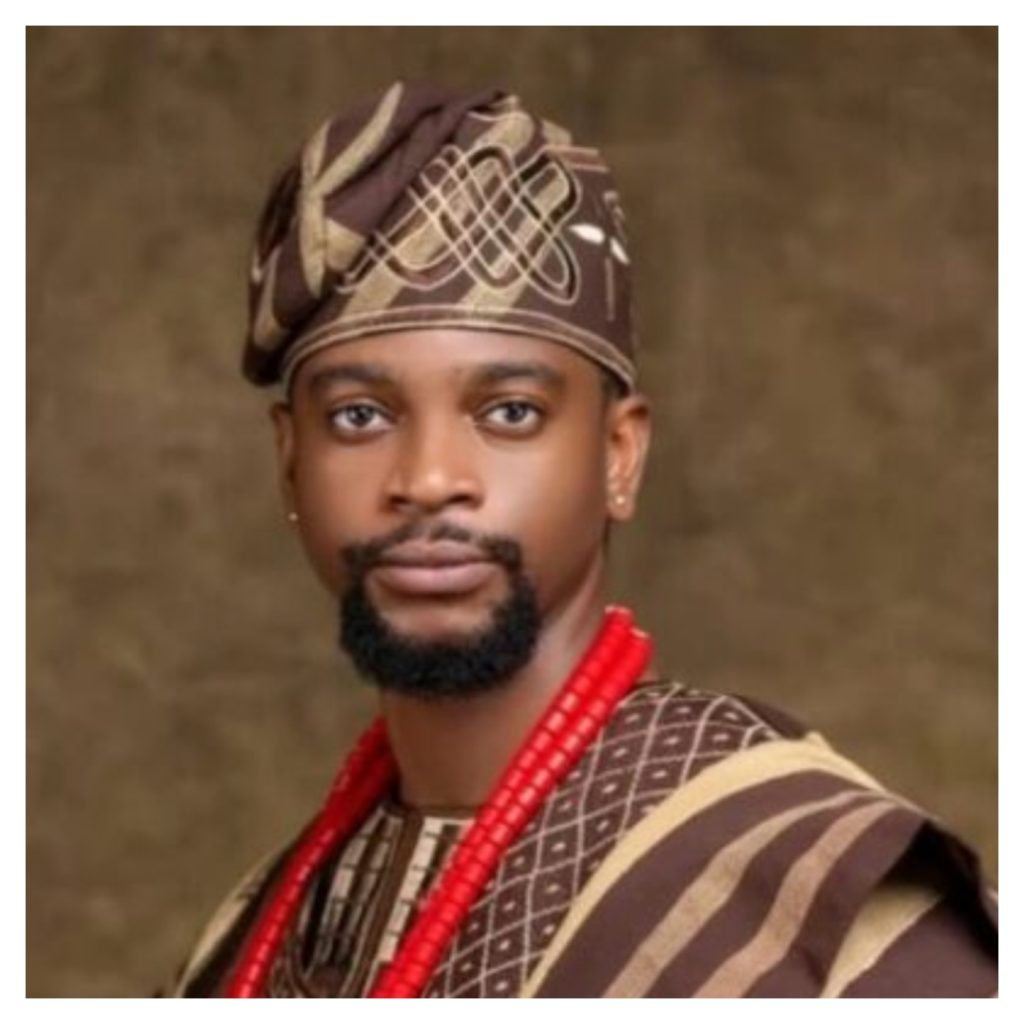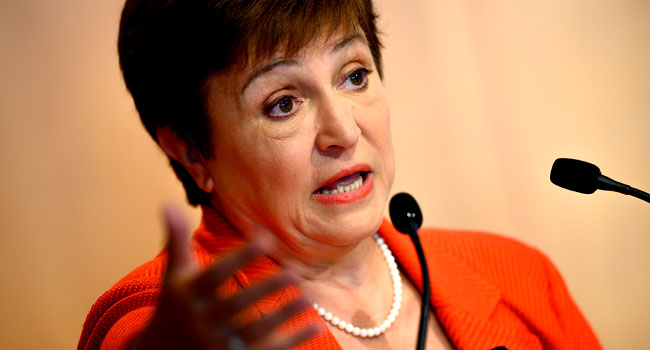In a candid critique of Nigeria’s political landscape, Senator Natasha Akpoti-Uduaghan has urged the nation’s political parties to prioritize ideological clarity and institutional strength over reliance on individual personalities. During a televised interview on Africa Independent Television (AIT), the legislator representing Kogi Central argued that Nigerian parties have devolved into transactional vehicles for electoral contests rather than cohesive movements anchored in principles.
“Today, who is an APC [All Progressives Congress] member? Who is a PDP [People’s Democratic Party] member? Who is a Labour Party member? It’s hard to say because there’s no clear philosophy,” she remarked, highlighting the fluidity of political allegiances driven by personal interests over shared values. This absence of ideological grounding, she asserted, fuels the frequent defections of politicians between parties—a trend she described as detrimental to democratic stability.
Drawing from her own experience, Akpoti-Uduaghan acknowledged the disproportionate influence individual leaders wield within Nigeria’s political ecosystem. “I am probably larger than the party in Kogi Central. That shouldn’t be the case,” she conceded, emphasizing that robust party structures should supersede the prominence of any single figure. Her remarks followed a nod from community leader Alhaji Badamasi, who labeled her the “face of political leadership” in the region. While acknowledging the sentiment, she cautioned against personality-driven politics: “If I moved to Zenith Party today, people here would follow. But that’s not how it should be.”
For Akpoti-Uduaghan, meaningful political identity hinges on transparency. A party’s name, whether APC, PDP, or Labour, she argued, should immediately signal its vision and policy priorities to voters. “When someone declares their party affiliation, it should tell you what they stand for and the kind of development they’ll pursue,” she said, underscoring the need for platforms to articulate distinct agendas.
The senator called on party leaders nationwide to recalibrate their strategies, urging them to codify foundational philosophies that resonate beyond election cycles. “If parties define their core beliefs, members won’t defect at the slightest frustration,” she stated, framing ideological coherence as critical to curbing opportunism. She tied this reform to the broader health of Nigeria’s democracy, expressing hope for a future where parties are “known for their beliefs, and those beliefs are seen in the lives of Nigerians.”
The comments arrive amid ongoing debates about Nigeria’s political evolution, particularly as younger voters demand accountability and clearer distinctions between competing governing visions. While long dominated by shifting alliances and patronage networks, the system now faces growing calls for institutional maturity—a challenge Akpoti-Uduaghan’s remarks crystallize with striking candor.



